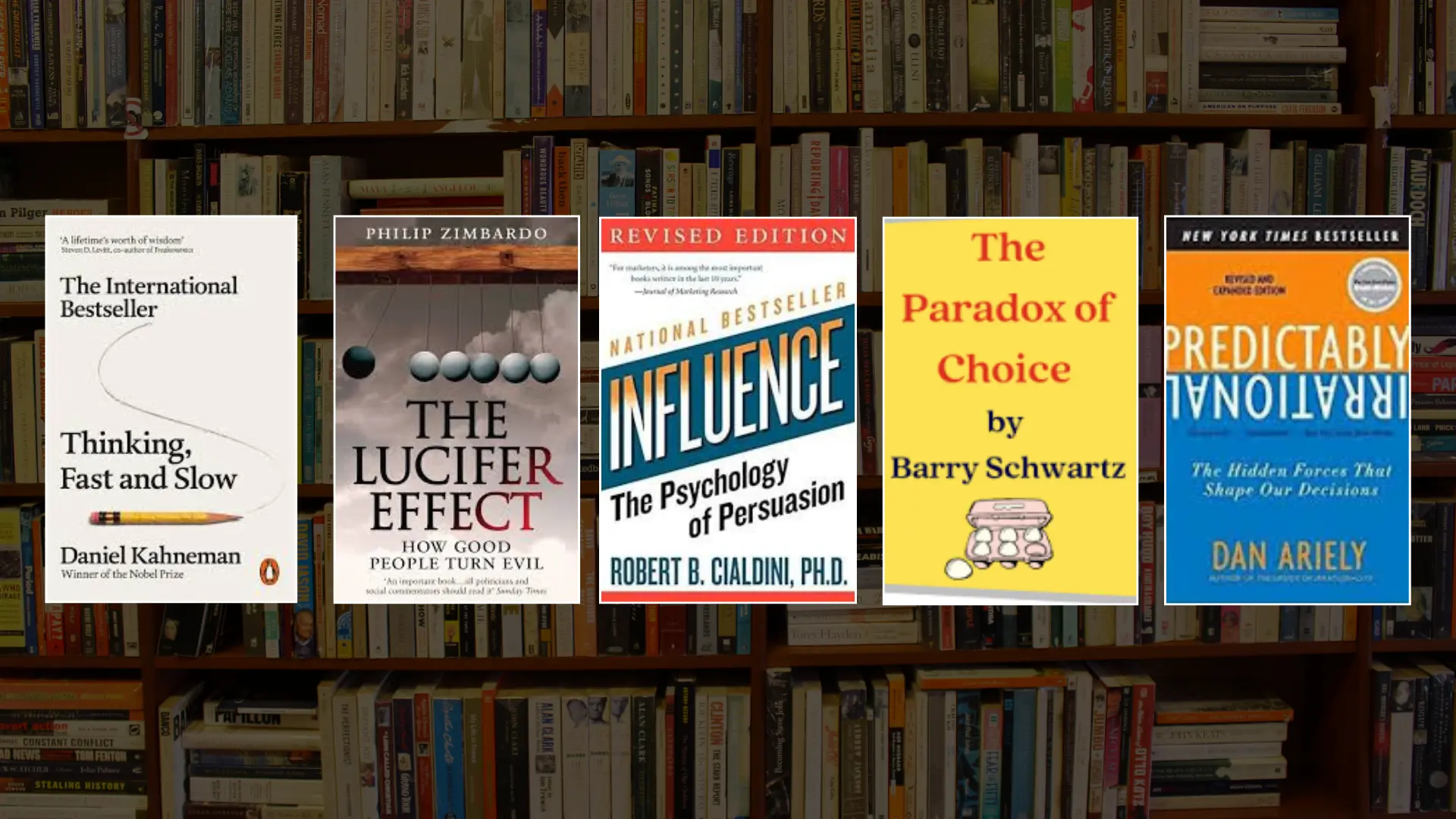How these second time entrepreneurs are building a WhatsApp and Dropbox-like app for doctor and patient conversations
In a world of mobile phones and health apps that connect you to doctors, help in consultations, and deliver medicines, there still is the problem of dealing with all the patient follow-ups and calls. This was the exact problem 22-year-old Krishna Chaitanya Aluru’s father, a cardiologist in Hyderabad, faced.
Through his conversations with his father, Chaitanya realised that it was a common problem for doctors – they kept getting calls or messages 24/7. He thought that there had to be a way to organise the process and make the funnel more rational.
It was then that Chaitanya, along with Akshat Goenka and Vamsee Chamakura, decided to start DocTalk in February this year. DocTalk is a mobile app that allows users to stay in touch with doctors easily. Akshat adds that it works as a Dropbox and WhatsApp solution for the Indian healthcare ecosystem.
The trio had earlier founded a startup that had an artificial intelligence, virtual assistant – Genie.

Easing communication between doctors and patients
Explaining how the process works, 23-year-old Akshat says:
We do not connect patients with new doctors, we just streamline the process post-consultation. A patient can subscribe to a doctor and then easily share files and past prescriptions to ensure that the doctor can quickly access the data. Doctors too can upload and share any reports that they might have.
Patients can download the app and start uploading all their reports with no cost involved. Once patients upload reports, they can connect with their doctor. The platform also validates if the patient is an existing patient of the doctor or not. This is essential as the focus isn’t on discovery.
If a patient’s doctor is not affiliated with DocTalk, the patient gets automatically subscribed after the said doctor is onboarded. DocTalk has doctors across specialities in Mumbai and Hyderabad. Akshat adds that, through their product, the team has been able to cut down response and remote consultation time by 25 percent.
Changing from the ‘uber-like’ model
The team had initially considered an ‘uber-like’ model for doctors like those of Practo and Lybrate, but after understanding the market, the team realised that the Indian patient still strongly relies on personal referrals when identifying a doctor, unless they are stuck with no other recourse. Also, the model of finding and consulting a doctor on an app didn’t seem conducive.
Akshat says that 75 percent of follow-ups involve discussing a report or a prescription. He adds that one of the main challenges was in the ideation, followed by adding on doctors and bringing in the right connections. Now the team claims that their doctor base is growing at 100 percent on a week-on-week basis.
The patient base, the team claims, is also growing at about 100 percent on a week-on-week basis, and revenue is growing at 70 percent week-on-week.
Future plans
Most of the patient acquisition up to now was in-clinic as they did not have payment processing built-in, but now the team plans to ramp up acquisition via patient database messages as payment processing is taken care of, thanks to Razorpay.
The health-tech space is deeply funded and has several players; the Sequoia and Tencent-backed Practo, starting from a SaaS platform has expanded to include different verticals of the healthcare system – Discover, consultation, medical records and even medicine delivery. Lybrate is another key player in the healthcare space. In July last year, the platform had raised $10.2 million funding from the likes of Tiger, Nexus and Ratan Tata.
The platform too enables ease of communication between patients and doctors. The team claims that the patients can communicate anonymously with doctors online or through a mobile app.
There is Doctor’s Circle, which manages consultations and helps in patient conversations. There also is Hyderabad-based Caremotto, which focuses on ensuring patients get connected to the right surgeon.
DocTalk is Y Combinator-backed and they are just finishing the YC Fellowship Batch 3. Typically, Y Combinator invests $120,000 in startups for a seven percent stake in equity. In a report in the Times of India, Sam Altman, the President of Y Combinator, said that in the current batch, the founders have personal experience with the problems they are aiming to solve, giving them insight into the market they operate in.
He stated that India is second to the US in terms of applications received, higher than both the UK and Canada.
“Our goal is to make communication more convenient. The patient benefits significantly as they now have a personalised EMR system on their mobile, while the doctors can track patient progress and use numerous other tools that are provided on the doctor app,” says Akshat, a Wharton alumnus.
DocTalk takes an agency/service fee from doctors who charge their patients for a subscription. They take a cut of the patient’s fee.
The team intends to look at the process of patient and doctor communications more closely and make it simpler.







